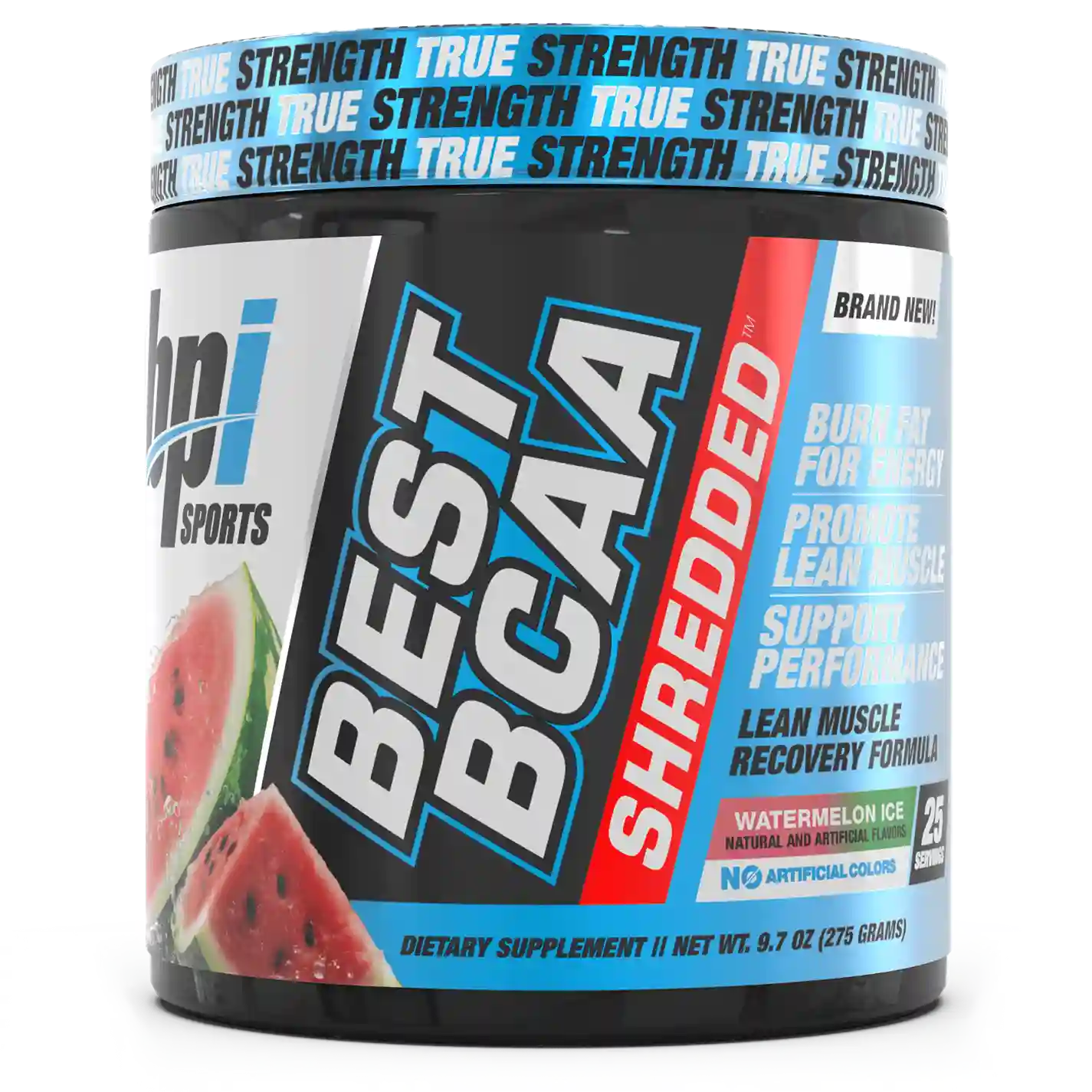
As a parent of three high school age athletes, I often find myself saying “Don’t stay up too late, you have a game tomorrow.” Being well-rested is a no brainer and will help kids perform better on the field the next day, and there is a lot of research indicating sleep may be just as crucial to athletic performance as showing up to practice.
In my view, there are three specific biological benefits proper sleep delivers which are crucial to success on the field, in the gym, and in life:
- Improved Athletic Performance
- Increased Mental Acuity
- Healthier Immune Function

A quick google of “Sleep and Athletic Performance” will yield enough data and studies to convince you there’s a correlation before you even need to open a link. This has been an area of scientific research since the 1930s, and accredited journals have published studies on athletes from all corners of the sports world, from NFL teams to cyclists, to sprinters, basketball players, weight lifters, etc.
Perhaps the easiest way to sum things up comes from the abstract of an article titled simply “Sleep and Athletic Performance” found in the National Library of Medicine:
Along with being an integral part of the recovery and adaptive process between bouts of exercise, accumulating evidence suggests that increased sleep duration and improved sleep quality in athletes are associated with improved performance and competitive success. In addition, better sleep may reduce the risk of both injury and illness in athletes, not only optimizing health but also potentially enhancing performance through increased participation in training.
Complementing this, I saw a ton of articles showing the relationship between poor sleep and obesity, propensity to sports related injury, and even asthma. So indeed, there is no doubt that proper sleep habits are a key pillar to peak athletic performance.
As any coach would tell ya, peak athletic performance isn’t just a matter of physical performance but mental performance as well. So, can a good night’s sleep really make you smarter on the field or more focused in the gym? The decisive answer is YES.
In its defining statement, the nonprofit organization the Sleep Foundation lays out the basics of what proper rest does for your brain and nervous system:
Brain activity fluctuates during sleep, increasing and decreasing during different sleep stages that make up the sleep cycle. In NREM (non-rapid eye movement) sleep, overall brain activity slows, but there are quick bursts of energy. In REM sleep, brain activity picks up rapidly, which is why this stage is associated with more intense dreaming.
Each stage plays a role in brain health, allowing activity in different parts of the brain to ramp up or down and enabling better thinking, learning, and memory. Research has also uncovered that brain activity during sleep has profound effects on emotional and mental health.
In my non-medical opinion, it seems that your brain is a lot like your muscles, in that it needs a rest-phase to rebound from the stresses of activity. Just like a runner might take a few days off after competing in a race to let the muscles and joints recover, the brain needs sleep time to cycle through its restorative processes. And just as a lack of sleep has negative physical impacts, lack of sleep has also been studied as major factor in mental health problems including depression, anxiety and seasonal affect disorder. In patients with clinical mental illnesses like Bi-Polar Disorder, Schizophrenia and ADHA, lack of sleep and/or poor sleep quality is cited as a top exacerbating factor. In fact, sleep and mental health are so intertwined that natural and pharmaceutical sleep aides have become a standard element of the treatment protocols across the spectrum of mental health disorders.
But for athletic performance mental acuity is the goal, and as the Sleep Foundation says, improving sleep offers the most practical way to enhance cognitive performance.

So as an athlete, the question becomes how to get proper sleep, and enough sleep? I’m gonna give you five recommendations I personally use which (unlike most of my Blog info) are simply my personal recommendations and not things researched in the peer-reviewed journals:
- Exercise daily to ensure your body is welcoming the sleep. I know that on my big workout days, like Leg Day, or Deadlifts I practically pass-out on my feet if I’m up after 10pm.
- Create a proper sleeping environment. If you like a room cold, crank the AC… If you’re always cold while you’re sleeping (like me), get a thick comforter. And consider wearing an eye-mask or pulling a small towel over your eyes; that definitely helps me sleep.
- Limit alcohol consumption. Even though drinking might make it easier to fall asleep, alcohol can reduce the quality of sleep preventing you from waking up feeling your best (not to mention the hangover).
- Prioritize your nighttime sleep. Living in a house with three kids, three dogs, a bird and a wife, I sometimes find myself simply telling the family “I’m done” and heading straight to bed.
- Look for natural calming sleep aides. Melatonin and l-tryptophane are two known and trusted natural ingredients I’ve turned to over the years and recommend to friends.



